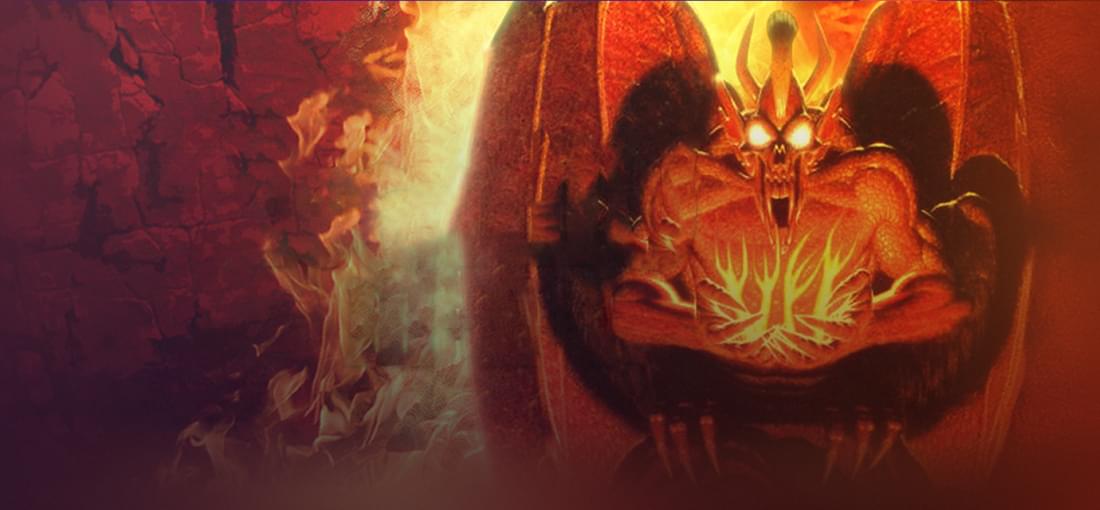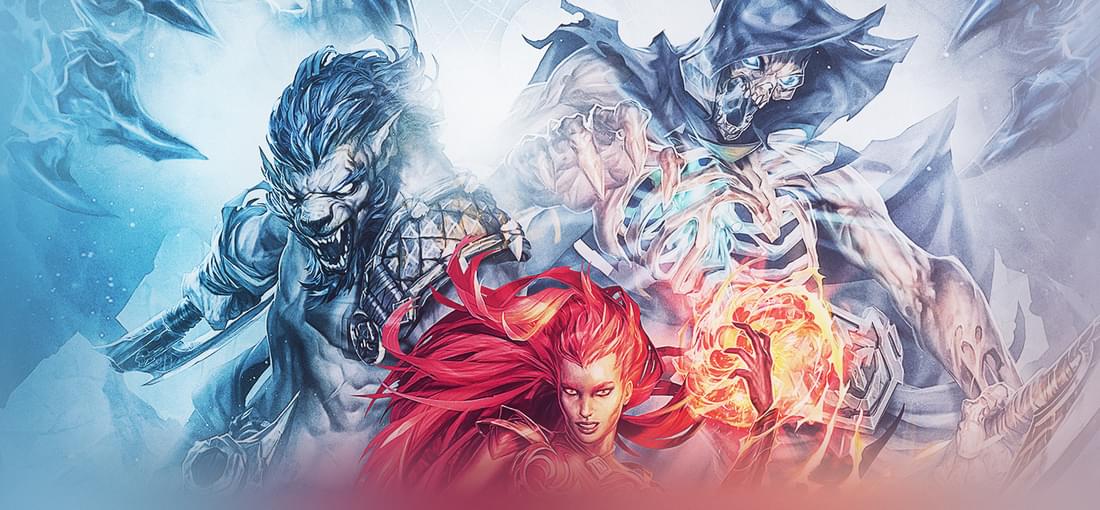


When playing games this old, it's important to keep in mind the vast difference not only in technical capabilities, but also in knowledge and experience of game developers. Nowadays we all have some understanding of things that work and those that do not, but pioneers had to experiment and find out everything on their own. What to expect if you dare to play? The first Ultima trilogy is mostly an experiment, Garriott was still learning and exploring narrative, world-building and gameplay possibilities. These games offer a wild mix of fantasy and sci-fi (and a bit too many pop-culture references in Ultima 2). These games are very different to what we used to nowadays -- they don't lead you by hand and don't try to solve everything for you. Instead they let you explore and figure out the way to win on your own. Ultima 3 is quite close to a modern open-world RPG in it's structure and progression: you level-up and gain power as you explore the world and dungeons to achieve a set number of objectives that let you progress to the ending. It can get somewhat too grindy, but for me it was definitely worth it. 1 and 2 are a lot simpler in this sense: The character and plot progression are simplified and quite detached from each other, the world is overall much less detailed and thought-out. If choosing one of them, I would recommend playing the first one, as it is not only a much better port, but also is a lot better game by itself with less grind and better-working gameplay elements. It's highly recommended to install fan-patch for both Ultima 2 and 3 to fix an awful lot of issues and bring some improvements to graphics(and even add music to 3!). I, personally, have enjoyed my time with all of these games and found playing these classic gems an amazing experience.

The most noticeable feature of this game is traversing between the realm of mortals and the realm of shadows. It is used a lot and very well. Locations are well crafted and fun to explore and you have to explore them in both worlds to unravel all of their secrets. The game is filled with puzzles most of which are quite good, being both challenging and fair. They will require both wit and attentiveness. Secondary quests are quite good for an action-RPG and are well written and fun to do. Game knows how to reward the player and not everything comes down to loot. The game keeps being fun and offering good challenge in terms of puzzles and combat up to the very end. But not everything is great. Controls make it difficult to act precisely, which sometimes causes issues both in combat and time-sensitive puzzles. UI is for sure optimized for a gamepad and is a major regression from the original Shadows -- Heretic Kingdoms. I didn't like some of the plot decisions, particularly the ending of Chapter 3(no spoilers, but be prepared for something really off), but aside from that everything is mostly in line. In terms of game mechanics skill system seems to be quite unbalanced, there are several reasons for that: 1) Earlier skills are a lot weaker than later ones, even if you max them out 2) You can use only three skills simultaneously 3) There are far too many skill-points All of these combined lead to several problems: 1) You are forced to change your skill set once in midgame just because old ones do not work anymore 2) There is no real variety in regard of skills 3) By the end of the game you will have a lot of excess skillpoints that you'll spend on skills you end up never using